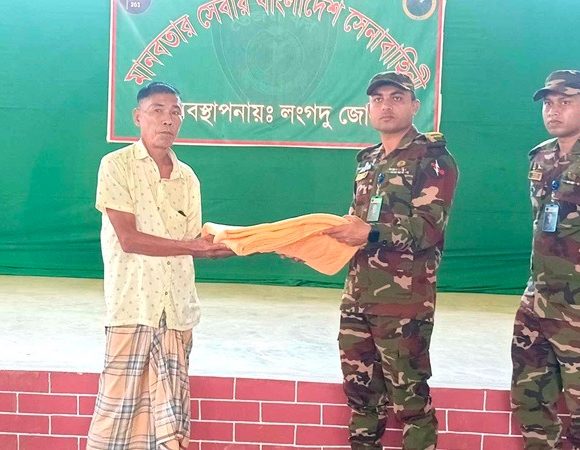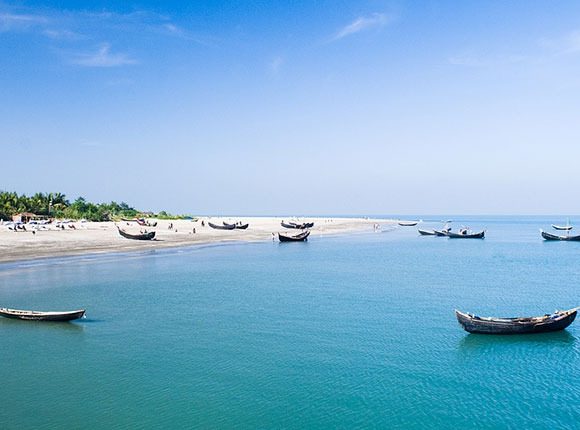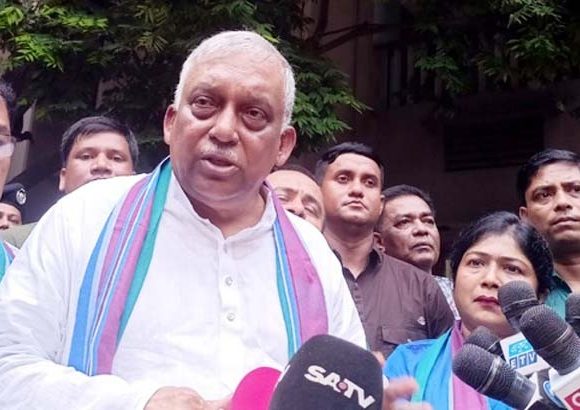Two world-class coffee strains developed in Bangladesh’s Kaptai, signaling farming breakthrough

In the verdant hills of Kaptai, a quiet revolution is brewing. At the Raikhali Agricultural Research Center in the Bangladeshi hill district of Rangamati’s Kaptai, after half a decade of dedicated research, a breakthrough has emerged in the form of two new coffee varieties. These aren’t just any coffee varieties; they are improved strains of the globally acclaimed Arabica and Robusta, aptly named BARI Coffee-1 and 2. The Arabica variety, in particular, is already being hailed as a contender for the best in the world.
The invention of these varieties is more than just a scientific achievement; it’s a beacon of hope for a new era in agriculture, particularly in the hilly regions of Bangladesh. The dedicated team at the Research Center envisions these varieties transforming the landscape of coffee cultivation in the country within the next two years.
This Center, a gem nestled in the hills, has already proven its mettle by successfully inventing 19 fruit varieties. But the creation of BARI Coffee-1 and 2 marks its foray into a new domain, promising to revolutionise hill agriculture.
Mahmudul Hasan, a scientific officer at the Center, shares the advantages of these new varieties. Their adaptability to shaded areas in hilly regions makes them ideal for intercropping, thereby reducing costs and care. A single coffee plant can yield 4 to 5 kg of fruit, potentially generating 7 to 8 metric tons per hectare, a statistic that is stirring interest among local farmers.
Md Jasim Uddin, a local farmer, echoes this sentiment. The low cost and ease of cultivation have sparked a growing interest in coffee farming. The gardens are already attracting buyers, signaling a promising market.
Md Samshul Haque, another farmer engaged in coffee cultivation, attests to the good yields and adaptability of the crop. The fact that these plants don’t require specific cultivation conditions is a boon for farmers, who are optimistic about the financial benefits.
Dr Nizam Uddin, the Chief Scientific Officer at the Center, elaborates on the larger vision. With the successful cultivation of the world’s best Arabica in Kaptai’s hills, efforts are underway to expand this success across the hilly regions. Given the significant domestic demand for coffee and its global profitability, coffee cultivation is anticipated to bring transformative changes in agriculture.
Tapan Kumar Pal, the Additional Director of the Rangamati Regional Agriculture Department, points out the ease of cultivation, transportation, and storage of these coffee varieties. This ease is a harbinger of success for the expansion of coffee cultivation in the hilly regions.
Dr Altaf Hossain, Project Coordinator of the Three Hill Districts Coffee and Cashew Nut Cultivation Project, shares insights into the project. This five-year endeavor under the Ministry of Agriculture is on the cusp of success, leveraging the ideal weather and soil conditions of the hills for coffee cultivation. If the potential of the hills is fully harnessed for coffee and cashew nut cultivation, it could herald a fundamental shift in agriculture.
In Kaptai, the future of agriculture is being rewritten, one coffee bean at a time. With these new varieties, the region is not just producing coffee; it’s cultivating hope and change.














